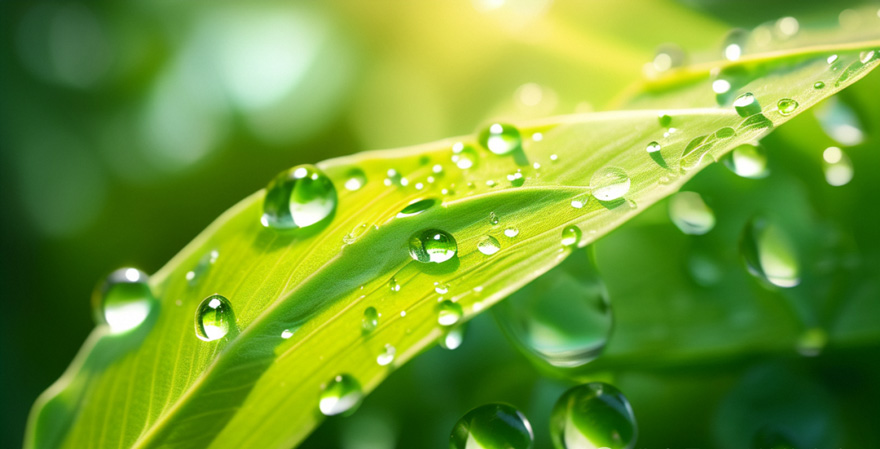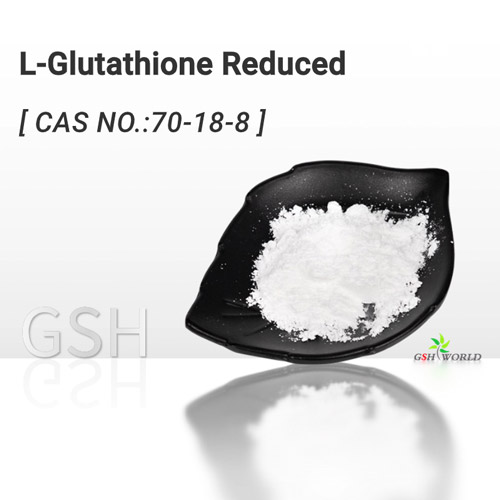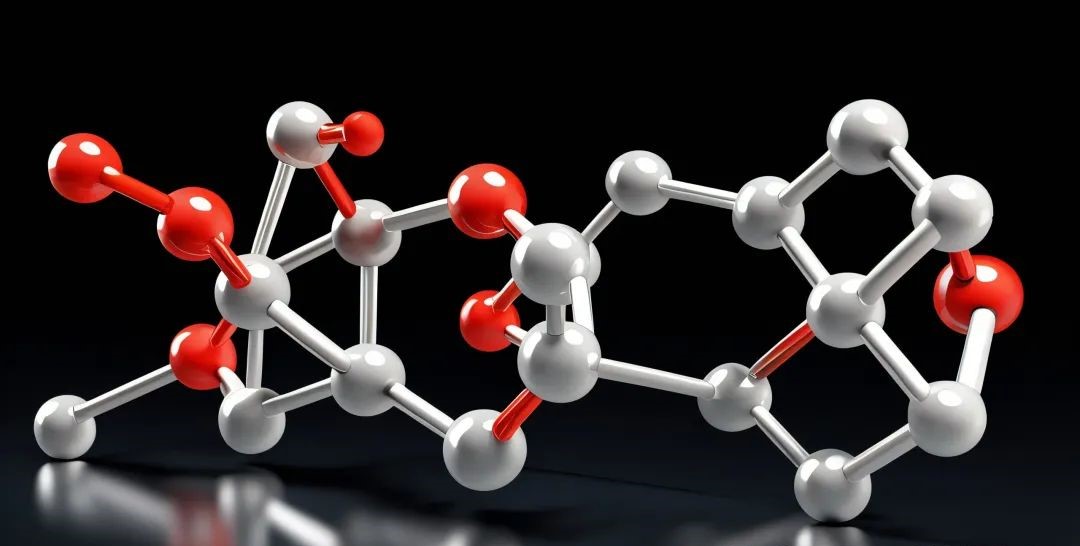Application of glutathione in crop cultivation and its effect on crop growth and stress resistance
As a versatile antioxidant, glutathione (GSH) has shown its unique value in crop cultivation.
In this paper, the structural characteristics, physiological functions and application of GSH in improving crop stress resistance will be discussed.
Structure and physicochemical properties of glutathione
Glutathione is a tripeptide compound composed of glutamic acid, cysteine and glycine, which is widely found in living organisms. Glutathione supplier
Its unique structure allows it to play a key role in antioxidant, cell protection and amino acid transport.

- Antioxidant effect: Glutathione can remove reactive oxygen species generated during cell metabolism, reduce lipid peroxidation of cell membranes, and protect cells from oxidative damage.
- Cell protection: By combining with toxic heavy metals to form non-toxic compounds, glutathione helps reduce the toxicity of heavy metals to plant cells.
- Amino acid absorption and transport: Glutathione involved in the absorption and transport of amino acids, which of great significance for plant growth and development.
Application of glutathione in crop stress resistance
- Drought stress: Glutathione helps crops maintain growth under drought conditions by improving their ability to regulate antioxidant enzymes and photosynthesis.
- Low temperature stress: Exogenous glutathione significantly reduced the effect of low temperature stress on the growth of maize seedlings by enhancing the activity of peroxidase, improving the activity of antioxidant enzymes, enhancing the ability of photosynthesis regulation, and maintaining the cell osmotic balance.
- Heavy metal stress: Glutathione binds to heavy metals to reduce their toxic effects on crops and improve crop tolerance to heavy metal stress.

Research case study
The application effect of glutathione (GSH) in crop cultivation has confirmed by a number of experiments. Here are some specific experimental data to illustrate the effects of glutathione in crop cultivation:
Case 1:
Corn seedling resistance to low temperature test:
In the study of corn seedlings, the application of exogenous GSH significantly increased the seedling height,
leaf water content and chlorophyll content of seedlings under low temperature stress at 10℃,
and significantly increased the activity by 79.25% through enhancing the activity of antioxidant enzymes,
effectively alleviating the damage to corn seedlings under low temperature stress.
Case 2:
Rice Drought Resistance experiment:
In a study on rice drought resistance, GSH sprayed on the leaves,
and it found that under drought stress, the GSH content of rice leaves in the treated group significantly increased.
The results showed that the relative water content of rice leaves in the glutathione treated group was 15% higher than that in the control group,
and the rice yield in the GSH treated group was 20% higher than that in the control group.
Case 3:
Wheat Salt Tolerance experiment: In another study on wheat salt tolerance,
the salt tolerance of wheat significantly improved by applying GSH to the soil.
The experimental results showed that the above-ground dry weight of wheat in the glutathione treated group 30% higher than that in the control group,
and the content of malondialdehyde (MDA) in wheat leaves in the GSH treated group was 40% lower than that in the control group, indicating that the degree of membrane lipid peroxidation reduced.
Case 4:
Vegetable growth promotion experiment:
In vegetable cultivation, GSH sprayed on the leaf can significantly promote the growth of vegetables.
In an experiment on spinach, the leaf area of the GSH treated group increased by 25% compared with the control group,
and the chlorophyll content of the spinach leaves in the GSH treated group increased by 15% compared with the control group,
indicating that GSH can promote leaf growth and photosynthesis.
The above experimental data show that GSH has significant application effects in crop cultivation,
including improving drought resistance, salt resistance and promoting crop growth. These results provide a scientific basis for the application of GSH in agriculture.
As a highly effective antioxidant, GSH plays a significant role in improving crop stress resistance and ensuring the healthy growth of crops.
Exogenous application of GSH can effectively improve the growth performance of crops in the face of stress.

Future studies should further explore the mechanism of GSH and optimize its application strategies in agricultural production to achieve sustainable development of crop production.
Related glutathione research literature
- Research Progress on Plant Antioxidant Glutathione: This article written by Yan Huifang, Mao Peisheng, and Xia Fangshan and published in the Journal of Grassland.
- “The impact of glutathione on waterlogging damage in sesame crops”: This study conducted by Sanjida Sultana Keya, Mohammad Golam Mostofa, Md Completed by Mezanur Rahman and other authors, published in Industrial Crops and Products.
- “Research progress on the application of glutathione in the field of animals and plants”
- “The role of glutathione in plant stress resistance”: This article written by Mai Weijun, Wang Ying, Liang Chengye, and Zhang Mingyong and published in “Guangxi Plants”.
- “Research Progress on Glutathione”: This is a review article, and the author did not provide specific information. It was published in Baidu Academic.
- “Research on the Effects of Glutathione on Plant Growth, Development, and Stress Response”: This article published on Baidu Wenku without providing specific author information.



